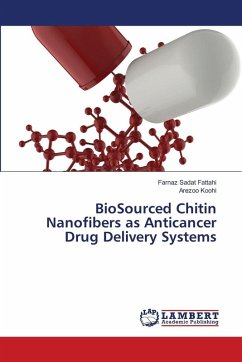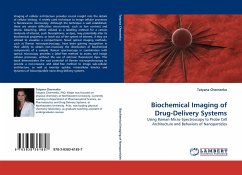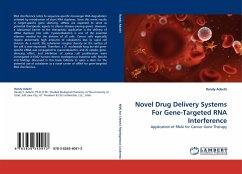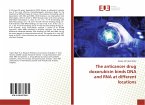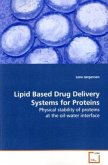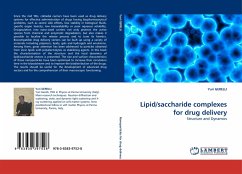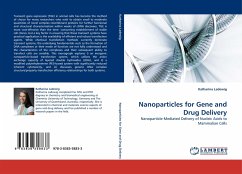Chitin is a biopolymer that makes up the internal coating of a fungal cell wall, providing reinforcement and resilience. It is biocompatible, biodegradable, and bio-absorbable, with antibacterial and wound-healing specifications as well as minimum immunogenicity. Cancer is described as a wild growth of abnormal cells. Nanotechnology has been applied as drug carriers over the past few years to treat numerous cancers. The main objective of nanomedicine in the treatment of oncological illnesses is to selectively carry the drug just to cancer cells. Up to now, numerous anticancer drugs like doxorubicin (DOX), curcumin (CUR), paclitaxel (PTX) and camptothecin (CPT) have been used in drug delivery structures. 3-D Chitin nanofibers can be applied to deliver anti-cancer drugs in cancer therapy. This book presents the chitin Nano fibrous anti-cancer drug delivery carriers for clinical application of cancer nanomedicine in the future.
Bitte wählen Sie Ihr Anliegen aus.
Rechnungen
Retourenschein anfordern
Bestellstatus
Storno

